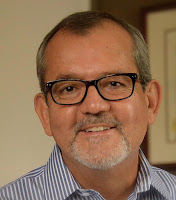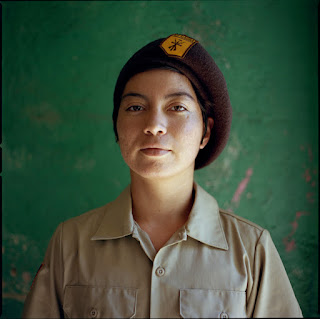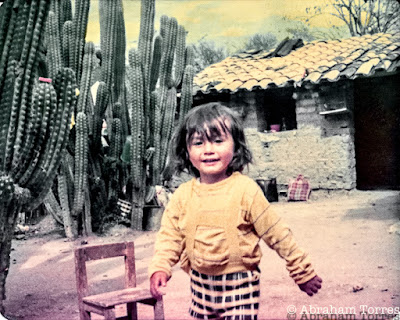HUIZACHE Magazine Brings Luminaries to SF for LitQuake 2015

Each year, literature fans, writers and scholars from across the state and the country descend upon the San Francisco Bay Area to attend the aptly named Litquake literary festival, which takes place in venues throughout the Bay Area over a week-long period in October. Joining those spaces that host events as part of this unique literary gathering, the historic San Francisco Elks Lodge will welcome some of the strongest voices in Latino literature today, with a not-to-be-missed evening program titled “No Burritos: a Night with HUIZACHE Magazine.” The program and reading will be held on October 14th from 6:30 pm. to 9:00 pm. HUIZACHE —which has been called “the Paris Review of Latino Literature”—seeks to explode ethnic, gender and social stereotypes with world-caliber fiction, poetry, essays and prose. On October 14th, LitQuake proudly presents the celebration of HUIZACHE ’s fifth issue with readings by San Francisco’s Poet Laureate Alejandro Murguía, former Poet Laureate devor...





